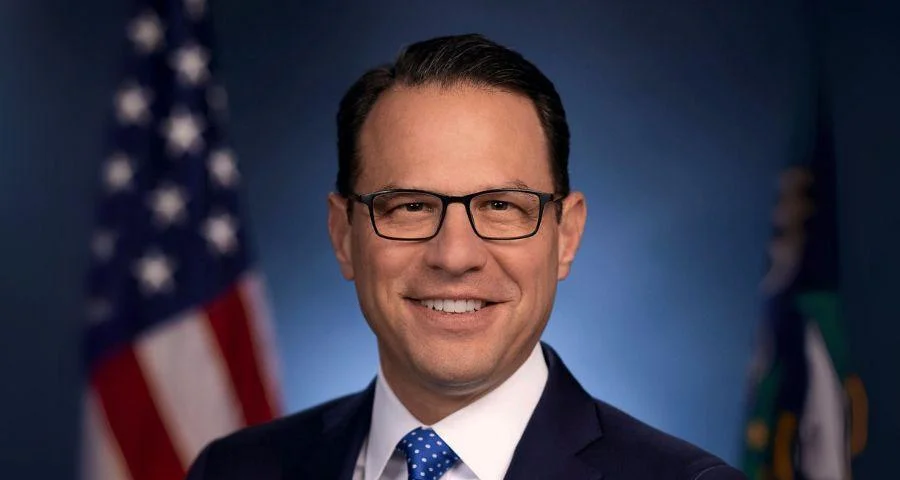
Connie Holthusen Senior Sales Manager | EdSurge Research
Several years after the release of ChatGPT, which raised ethical concerns in education, schools continue to grapple with the adoption of artificial intelligence (AI). Recent executive orders from the Trump administration emphasized AI leadership, promoting its use in education by opening discretionary federal grant money for training educators and expressing a federal interest in teaching AI in K-12 schools.
Despite federal initiatives, states remain at the forefront of integrating AI into educational practices. "After taking office, the Trump administration rescinded the Biden era federal order on artificial intelligence that had spotlighted the technology’s potential harms," noted Reg Leichty, a founder and partner of Foresight Law + Policy advisers. This shift places states in the leadership role, with 28 states, including Puerto Rico, having published guidelines for responsibly incorporating AI into schools.
Pat Yongpradit of TeachAI, an organization that assists states in drafting AI guidelines, emphasized the importance of these documents in signaling AI's significance for schools. A review by the Center for Democracy & Technology found that the guidelines commonly advocate for AI's role in personalized learning and administrative efficiency while cautioning against privacy issues and biases.
Amidst bipartisan agreement, Maddy Dwyer from the Center for Democracy & Technology highlights that states have reached consensus on many AI-related issues. However, certain areas, such as deepfake technology and community engagement, are less thoroughly addressed. Clarence Okoh, a senior attorney for the Center on Privacy and Technology at Georgetown University, points out that state guidelines largely overlook the implications of AI on police surveillance within schools, exacerbating existing issues with the school-to-prison pipeline.
While some legislative efforts have attempted to address AI surveillance, Okoh argues these often fall short in preventing violations, typically excluding police from restrictions. The focus on generative AI may divert attention from surveillance concerns, says Okoh.
"The rise of AI surveillance in public education is one of the most urgent civil and human rights challenges confronting public schools today," Okoh told EdSurge, pointing out that the current emphasis on AI predominantly overlooks significant civil rights challenges.





 Alerts Sign-up
Alerts Sign-up